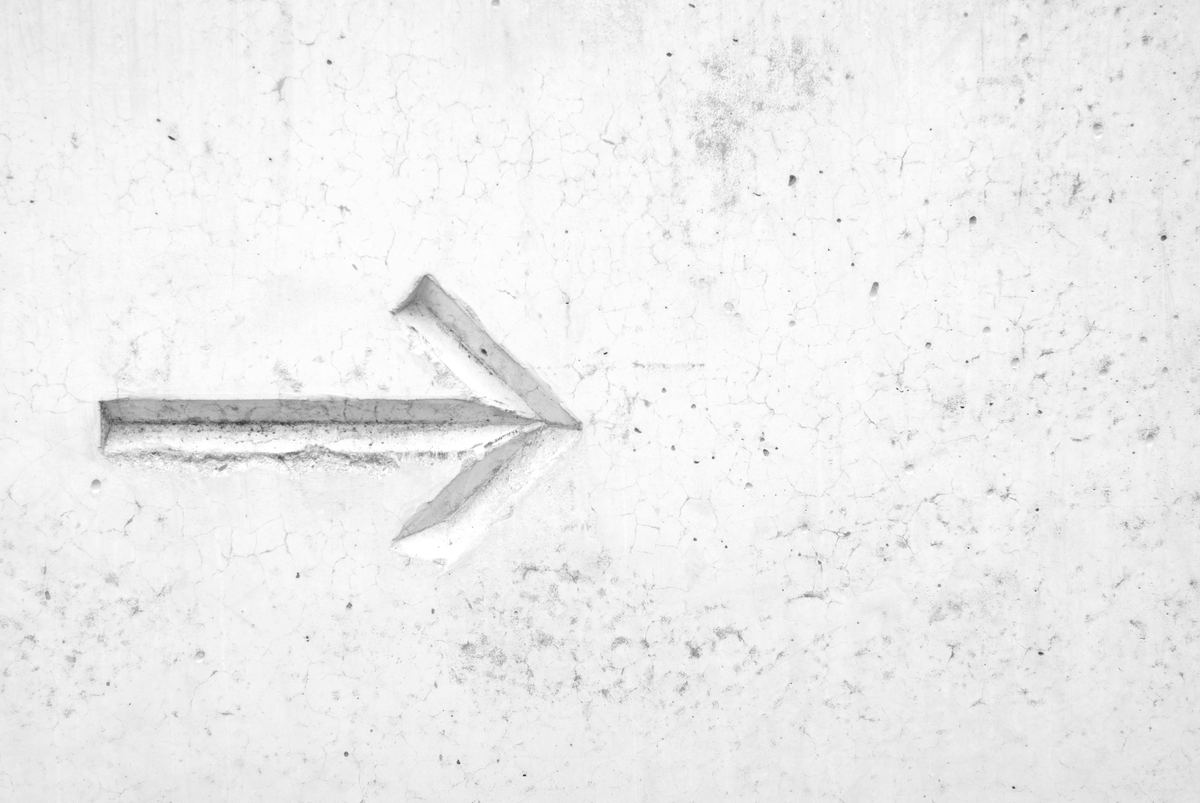
Making mistakes is a part of life, but it doesn’t have to be a habit. With a little insight, you can learn how to identify the reasons why you make certain kinds of mistakes, and avoid repeating the same ones over and over again.
Expecting Different Results From the Same Actions
One of the most common mistakes people make is thinking, even unintentionally, that different results are possible without changing methods. As the old saying goes, “if at first you don’t succeed, try, try again.” The problem is, most people try, try again using the same method that failed. In order to succeed, you have to be willing to try new methods and new ways of doing things.
To avoid this mistake, try to do some creative problem-solving. When one method fails, look at the problem from a different perspective and see how many potential solutions you can come up with.
Trusting Hearsay
One of the most common mistakes that people make is trusting hearsay. Examples may include anecdotal evidence from “a friend of a friend,” stories that begin with, “I heard someone say that,” or “they say…”. These are all examples that have the potential to be true, but that shouldn’t be acted upon or believed without personal experience or independent research.
If you find yourself believing most of everything you hear or read, you might want to step back and examine why that is. Are you overly willing to let other people “tell you how it is?” Learn from this mistake by deciding to take charge of your own verifiable sources of information. Don’t be afraid to go straight to the source, ask questions, and sort through the noise.
Demanding Things of Others
The expectations you have on others can easily become a source of disappointment, frustration and disruption when they don’t follow through and meet those expectations. Placing either your own expectations or unrealistic expectations on those who are unable to meet those demands is nearly as common as thinking you can change another person’s behavior. The problem with making these mistakes is that you cannot control the behavior, actions and choices of others. You can teach them and lead them, but people will only change if they want to. Ultimately, you can only control and change yourself.
To avoid this mistake, focus on what you can change about yourself or the way you’re dealing with a problem instead of focusing on blaming another person. You’ll have much greater success in problem solving and avoiding the mistake of demanding things of others when you realize you can only change yourself.
Although a life free of mistakes is impossible, it is possible to minimize the duration of the outcome of a mistake, and to reduce the chance that you’ll keep repeating the same mistakes. When you stop trusting hearsay, approach problems from a different angle and stop demanding things of others, you might find that you make fewer mistakes than ever before.




